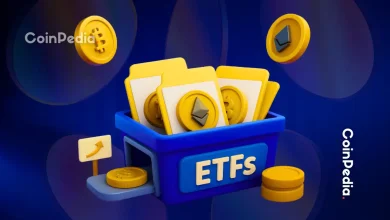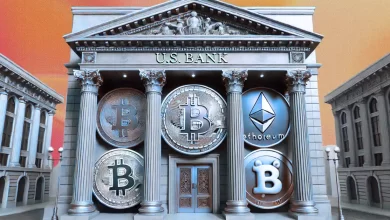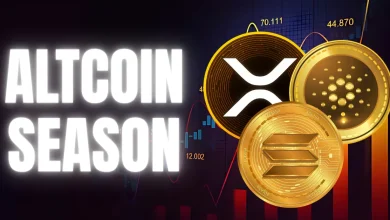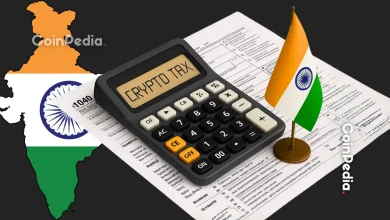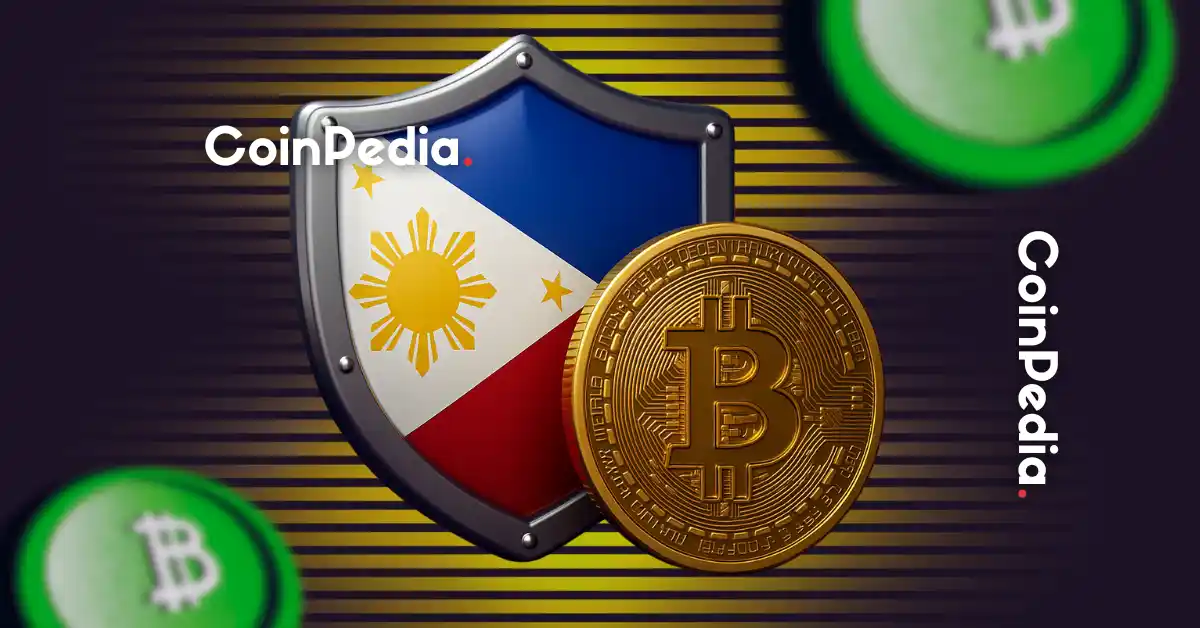
The Philippine SEC names 10 major offshore crypto exchanges, including OKX and Kraken, for operating without licenses amid new stricter regulations.
Unregistered crypto platforms risk penalties and threaten compliance with AML laws, prompting warnings for Filipino users to trade only on registered exchanges.
The Philippine Securities and Exchange Commission (SEC) is ramping up its fight against offshore crypto exchanges that continue to operate without a license. In a fresh advisory issued on August 4, the regulator named 10 major global platforms accused of violating the country’s new digital asset compliance rules. They’ve reportedly been actively marketing and serving Filipino users, all while skipping mandatory Crypto Regulations in the Philippines.
Big Names in the Crosshairs
The list includes some of the biggest names in the industry, including OKX, Bybit, Mexc, Kucoin, Bitget, Phemex, Coinex, Bitmart, Poloniex, and Kraken. According to the SEC, these platforms are either actively promoting their services or remain fully accessible to users in the Philippines despite failing to secure the necessary authorization.
The crackdown follows the implementation of stricter rules under Memorandum Circulars No. 4 and No. 5, which took effect in July 2025. These New Crypto Rules require any entity offering or marketing crypto trading services, including buying, selling, and derivatives trading, to register with the SEC.
Why the Crackdown Matters
The SEC’s concerns go beyond licensing. Unregulated platforms operate outside the reach of the country’s Anti-Money Laundering Act (AMLA). That means they are not subject to key compliance measures like customer verification, recordkeeping, and suspicious transaction reporting. The regulator warns that this could open the door to illicit cross-border transactions and potentially put the Philippines at risk of being “gray-listed” internationally.
Possible Consequences
The advisory makes it clear that the list of flagged exchanges is not exhaustive, and other platforms could soon face scrutiny. Potential penalties include cease-and-desist orders, criminal charges, and partnerships with tech companies to block access for local users.
The move comes months after the Philippines geo-blocked Binance, signaling a broader push to tighten control over the country’s crypto market. The SEC stresses that investor protection is the priority, especially as more Filipinos enter the digital asset space.
- Also Read :
- CFTC Unveils Initiative for Trading Listed Spot Crypto
- ,
What Filipino Crypto Users Should Do
- Avoid trading with unregistered exchanges.
- Check a platform’s registration status before investing.
- Report suspicious crypto promotions or services to the SEC via official channels.
Industry Calls for Cooperation
Some voices within the crypto community are urging regulators to take a more collaborative approach. They argue that while compliance is necessary, working closely with exchanges could foster innovation while ensuring user safety. For now, however, the SEC’s message is clear to all defaulters is to operate legally or face the consequences.
Never Miss a Beat in the Crypto World!
Stay ahead with breaking news, expert analysis, and real-time updates on the latest trends in Bitcoin, altcoins, DeFi, NFTs, and more.
FAQs
To enforce compliance with Anti-Money Laundering laws and protect investors, as unregistered platforms bypass KYC, reporting, and licensing rules.
Users risk losing protections; platforms face blocks, fines, or legal action. Always verify an exchange’s SEC registration before trading.
Trade only on SEC-registered platforms, avoid flagged exchanges like Bitget/MEXC, and report suspicious crypto services to regulators.
Trust with CoinPedia:
CoinPedia has been delivering accurate and timely cryptocurrency and blockchain updates since 2017. All content is created by our expert panel of analysts and journalists, following strict Editorial Guidelines based on E-E-A-T (Experience, Expertise, Authoritativeness, Trustworthiness). Every article is fact-checked against reputable sources to ensure accuracy, transparency, and reliability. Our review policy guarantees unbiased evaluations when recommending exchanges, platforms, or tools. We strive to provide timely updates about everything crypto & blockchain, right from startups to industry majors.
Investment Disclaimer:
All opinions and insights shared represent the author's own views on current market conditions. Please do your own research before making investment decisions. Neither the writer nor the publication assumes responsibility for your financial choices.
Sponsored and Advertisements:
Sponsored content and affiliate links may appear on our site. Advertisements are marked clearly, and our editorial content remains entirely independent from our ad partners.

